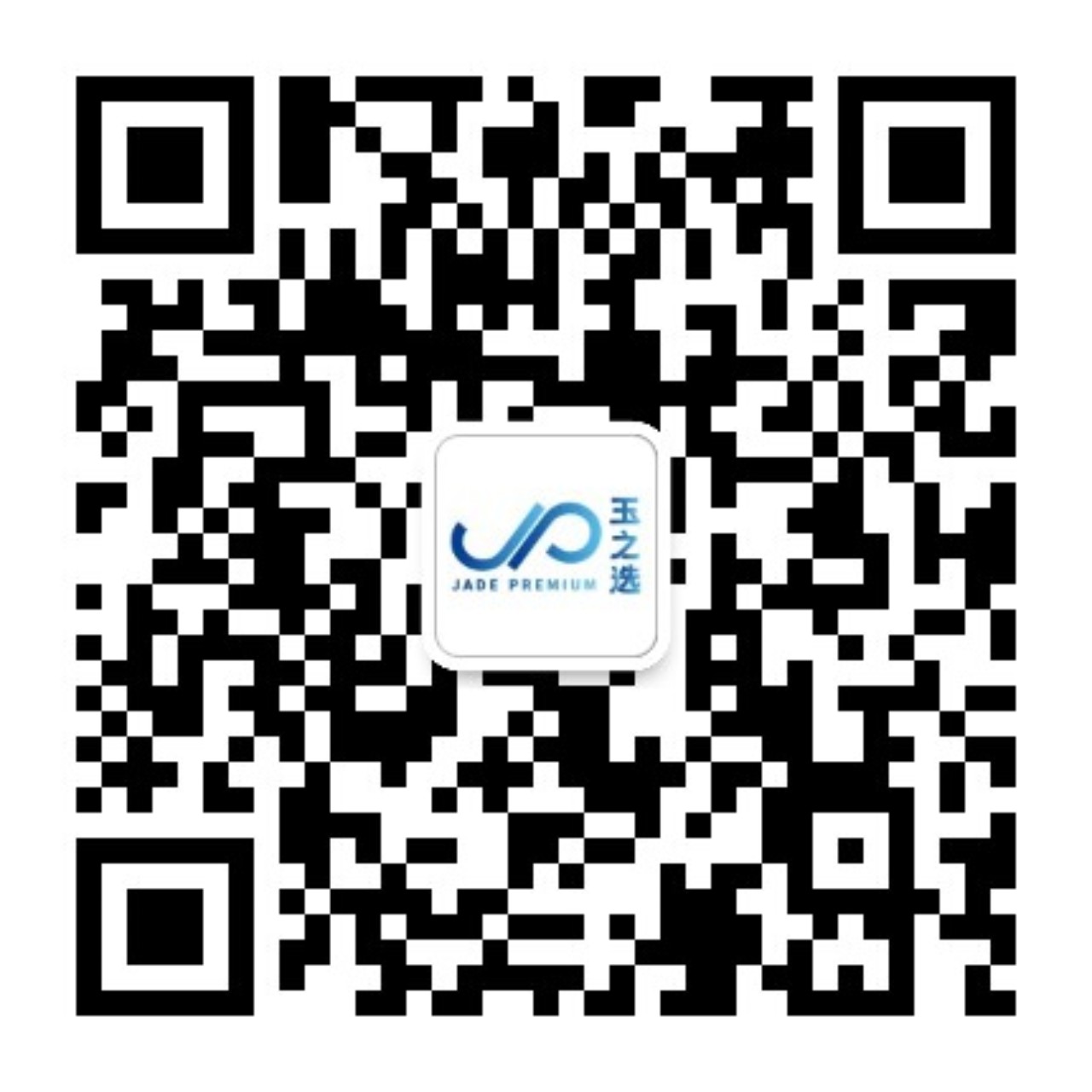Overview of the Middle Eastern Market
2024-04-15The Middle East refers primarily to the region of Western Asia, spanning across three continents—Asia, Africa, and Europe—and includes countries such as Iran, Kuwait, Pakistan, Saudi Arabia, Egypt, and others. The region has a population of approximately 490 million, with an average age of just 25. More than half of the population consists of young people, who are the core consumers of cross-border e-commerce, especially mobile commerce.
Due to heavy reliance on resource exports, most Middle Eastern countries have relatively underdeveloped industrial bases and limited industrial diversification. As a result, the demand for both consumer and industrial products continues to rise. In recent years, trade between China and the Middle East has grown significantly.
Key Middle Eastern Countries
Saudi Arabia: One of the wealthiest countries in the world, with vast oil wealth and advanced military capabilities. It plays a key role in regional politics and economics.
Israel: The only developed country in the Middle East, with a high level of industrialization, strong economy, and top rankings in business freedom, press freedom, and human development.
Iran: A major country in the region with nearly 3,000 kilometers of coastline and a mountainous terrain.
Iraq: Centrally located in the Middle East and rich in oil resources.
Kuwait: An important oil-exporting nation and one of the Gulf’s key economies.
Turkey: A transcontinental country with strategic geopolitical importance and a strong industrial base. It is among the world’s fastest-growing economies.
United Arab Emirates: A desert nation renowned for oil production and nicknamed the "Flower of the Desert."
Syria: A country rich in history and culture.
Bahrain: An island nation in the Persian Gulf and one of the smallest countries in the region.
Key Product Certification Requirements for the Middle East
1. Saudi Arabia – SABER Certification
SABER is an online conformity assessment system launched by the Saudi Standards, Metrology and Quality Organization (SASO) to manage the registration and issuance of Conformity Certificates.
PC Certificate (Product Certificate): Valid for one year, based on product test reports (and in some cases, factory audits).
SC Certificate (Shipment Certificate): Issued for each shipment.
SABER compliance falls into five categories, including:
Supplier Conformity Declaration (non-regulated products)
COC or QM Certificate (regulated)
IECEE Certificate (for certain electronics)
GCTS Certificate (GCC-regulated products)
QM Certificate (for higher-risk regulated products)
2. GCC / G-Mark Certification
The Gulf Conformity Mark (G-Mark) is required for products sold in Gulf Cooperation Council (GCC) member countries, including Saudi Arabia, UAE, Kuwait, Qatar, Bahrain, and Oman.
Mandatory for low-voltage electrical equipment (AC 50–1000V; DC 75–1500V).
Products must bear the G-Mark label for circulation across GSO member states.
14 product categories are subject to compulsory certification.
3. UAE – ECAS Certification
The Emirates Conformity Assessment System (ECAS), administered by the Ministry of Industry and Advanced Technology (MoIAT), ensures that products meet UAE national standards. Products falling under ECAS scope must be certified and bear the ECAS mark and Notified Body number to enter the UAE market.
4. Iran – COC / COI Certification
The Certificate of Inspection (COI) is mandatory for many imported goods into Iran. The inspection must comply with ISIRI standards (Iran’s National Standard Organization), and is usually conducted by an authorized third-party body. The process involves testing, documentation, and verification to ensure compliance.
5. Israel – SII Certification
The Standards Institution of Israel (SII), although a non-governmental organization, operates under government oversight and sets national standards for product compliance.
Products are classified into four risk levels, with Category I (e.g., household appliances, toys, pressure vessels) requiring the highest level of regulatory scrutiny. SII certificates significantly expedite customs clearance.
6. Kuwait / Iraq – COC Certification
Each shipment to Kuwait or Iraq must be accompanied by a Certificate of Conformity (COC). The COC confirms that the product meets the destination country's safety and technical requirements and is essential for customs clearance.
Inspection reports by accredited bodies are required.
Advance application is recommended for bulk or frequent shipments to avoid delays.

